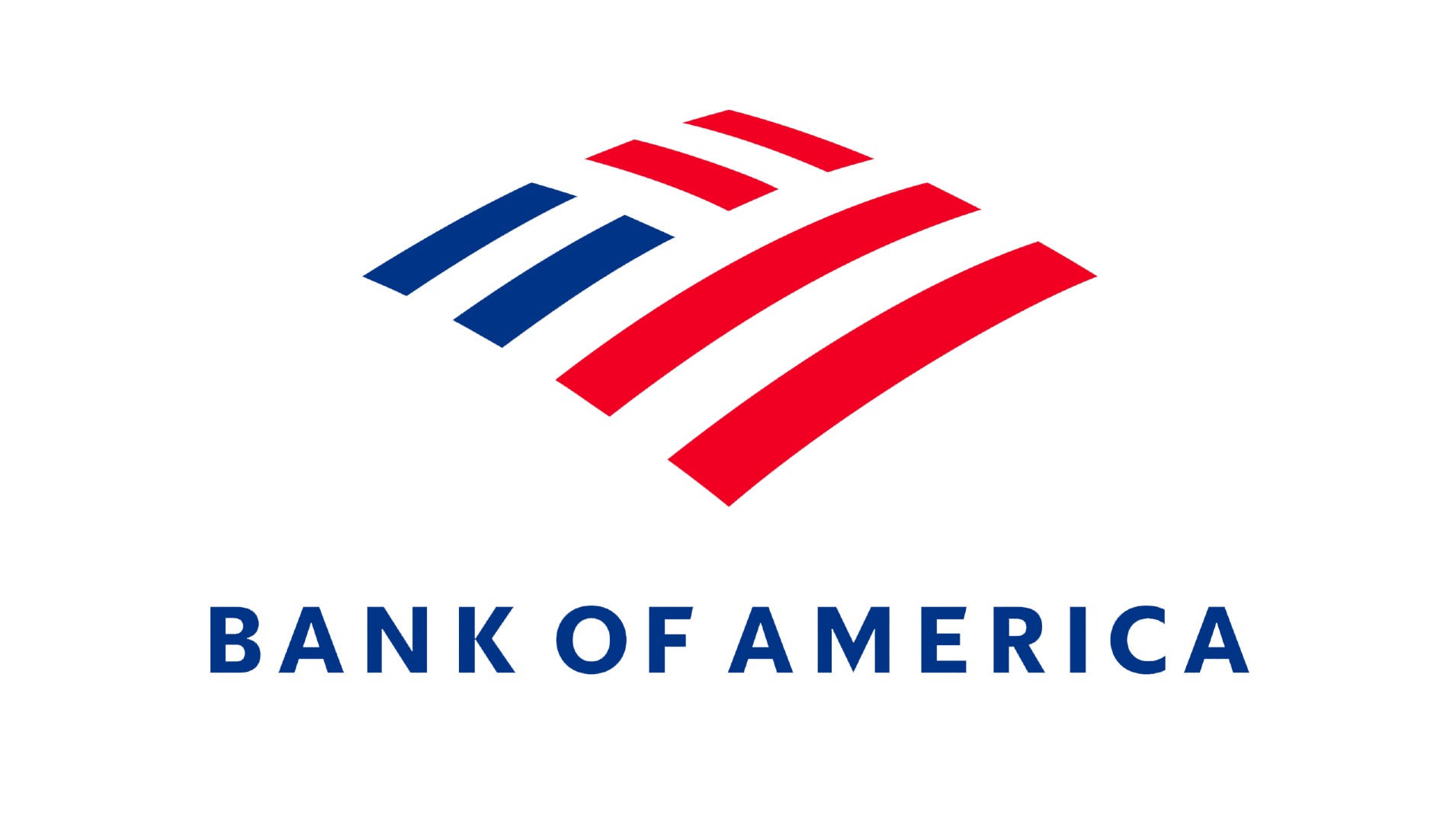The Trump administration on Monday filed a joint motion with banking industry groups asking a federal court to throw out a Biden-era regulation that would have capped credit card late fees at $8, saying the rule violated federal law.
The Consumer Financial Protection Bureau (CFPB) and business groups, led by the US Chamber of Commerce, filed the motion in the US District Court for the Northern District of Texas, requesting that Judge Mark Pittman enter a final order terminating the late fee rule.
Mark Paoletta, the CFPB's chief legal officer, acknowledged in court documents that the bureau under the Biden administration had violated the Credit Card Accountability Responsibility and Disclosure Act of 2009, known as the CARD Act.
"The parties agree that, in the Late Fee Rule, the Bureau violated the CARD Act by failing to allow card issuers to charge penalty fees reasonable and proportional to violations, as set out by the Court," Paoletta wrote in the motion.
Judge Pittman, who was appointed by Trump during his first term, had previously blocked the CFPB from implementing the rule in December, stating that it "clearly violates the CARD Act" which allows credit card issuers to impose "penalty" fees when customers violate credit card agreements.
The rule was part of President Joe Biden's broader crackdown on what his administration termed "junk fees" and would have limited credit card companies with more than 1 million open accounts from charging more than $8 for late fees unless they could prove higher fees were necessary to cover costs. Currently, late fees average around $32.
Banking industry representatives welcomed the development. The American Bankers Association said in a statement: "This is a win for consumers and common sense. If the CFPB's rule had gone into effect, it would have resulted in more late payments, lower credit scores, higher interest rates and reduced credit access for those who need it most."
The settlement would save the credit card industry an estimated £10 billion ($12.5 billion) per year in late fee revenue. Bank trade groups had claimed the rule would reduce incentives for consumers to pay their bills on time.
The CFPB has faced ongoing challenges from the Trump administration. A federal appeals court ruled on Friday that the administration could lay off CFPB workers but not eliminate the agency entirely, which Trump has previously sought to dismantle.
The consumer finance watchdog was established following the global financial crisis and has been frequently targeted by Republicans who argue it is unaccountable and exceeds its legal authority.
Latest News
-
Gemini to cut quarter of workforce and exit UK, EU and Australia as crypto slump forces retrenchment
-
Bank ABC’s mobile-only ila bank migrates to core banking platform
-
Visa launches platform to accelerate small business growth in US
-
NatWest to expand Accelerator programme to 50,000 members in 2026
-
BBVA joins European stablecoin coalition
-
eToro partners with Amundi to launch equity portfolio with exposure to ‘megatrends’
Creating value together: Strategic partnerships in the age of GCCs
As Global Capability Centres reshape the financial services landscape, one question stands out: how do leading banks balance in-house innovation with strategic partnerships to drive real transformation?
Data trust in the AI era: Building customer confidence through responsible banking
In the second episode of FStech’s three-part video podcast series sponsored by HCLTech, Sudip Lahiri, Executive Vice President & Head of Financial Services for Europe & UKI at HCLTech examines the critical relationship between data trust, transparency, and responsible AI implementation in financial services.
Banking's GenAI evolution: Beyond the hype, building the future
In the first episode of a three-part video podcast series sponsored by HCLTech, Sudip Lahiri, Executive Vice President & Head of Financial Services for Europe & UKI at HCLTech explores how financial institutions can navigate the transformative potential of Generative AI while building lasting foundations for innovation.
Beyond compliance: Building unshakeable operational resilience in financial services
In today's rapidly evolving financial landscape, operational resilience has become a critical focus for institutions worldwide. As regulatory requirements grow more complex and cyber threats, particularly ransomware, become increasingly sophisticated, financial services providers must adapt and strengthen their defences. The intersection of compliance, technology, and security presents both challenges and opportunities.
© 2019 Perspective Publishing Privacy & Cookies














Recent Stories